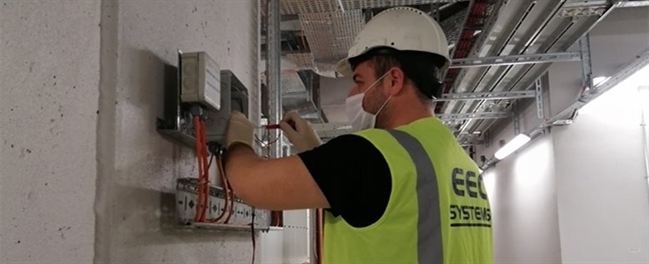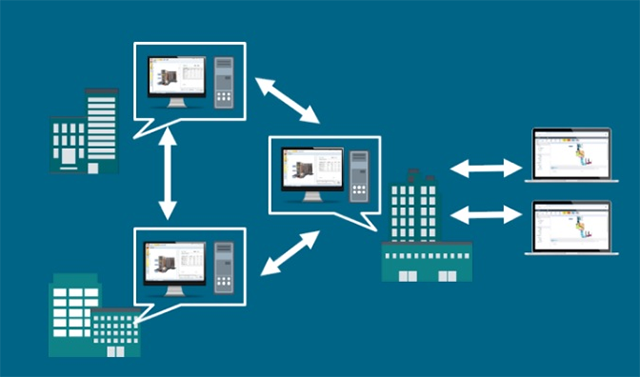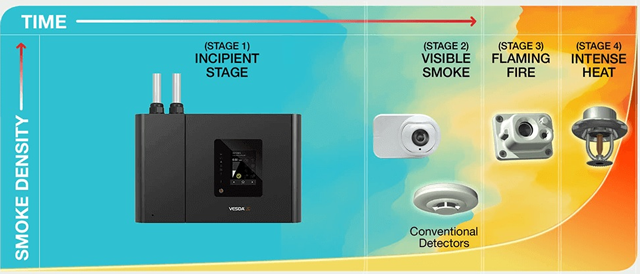
The COVID-19 virus, which has taken all countries by storm instantly, has deeply affected our world. We have had to make changes in our ways of doing business and habits. We all have to do our part to overcome this tough period with the least damage.
How can we make our Fire Alarm System more efficient for the safety of our life and property in this tough period? Depending upon the specifications and capabilities of the system used by you, the following points can be assessed.
In most enterprises, employees are asked to work from home to maintain social distancing. Therefore, enterprises must work with limited personnel. Fire alarm system supervisors are not always available in sufficient numbers in the enterprise.
It is possible to monitor and control the system from one or multiple points through remote connection with the "Remote Graphics Monitoring Software".


Working with a small number of employees inevitably affects the response to an alarm that will be triggered in the fire alarm system. The alarms received from the fire alarm system must be accurate and real. If there are chronic problems in the system that continuously trigger false alarms, these problems must be solved, and steady operation of the system must be ensured.
False alarms can be prevented with special applications and correct system solutions for tough conditions.

The operating modes and sensitivity levels of the fire alarm system can be set differently for day and night and for the holidays. Depending upon the new operating conditions, the fire alarm system must work in special operating modes so that it can make early detection.
In this tough period, the operating modes of fire alarm systems can be adapted to the new production capacities of the facilities and the changing working hours and conditions.
If there are people present at the breakout of a fire, they make the fastest and the most accurate detection. Indeed, in our senses of sight, smell, hearing and touching, we perceive all types of fires very quickly, and immediately distinguish them from similar formations. Automatic detection in fire alarm systems is necessary and useful, particularly in the places and times when there are no people. The decrease in the number of employees in the facilities increases the importance of the fire alarm system, and it should be ensured that this system operates more efficiently.
By determining the critical locations of the facility, faster and smooth detection can be achieved with the "Active Aspirating Smoke Detectors" solutions that can detect more sensitively instead of the sensors that ensure normal sensitivity.


In fire scenarios, investigation and confirmation times are almost always required to prevent false alarms. They are determined specifically for each facility according to the size and structure of the facility, the personnel that will intervene in the system and the security points. If the number of personnel that will intervene in the system or their workplaces have been changed, the investigation and confirmation times should be re-determined.
With support from the company that has installed the system, the investigation and confirmation times can be updated according to the changing working conditions.
With our powerful and broad maintenance and service teams, we have been providing periodic maintenance and service for the fire alarm systems of all our customers ever since the breakout of the COVID-19 pandemic. Call us to obtain information about what we can do to make your fire alarm system work more efficiently during the pandemic period.